Can Windows 8 Be All Things to All People? The Case for Splitting It Up!
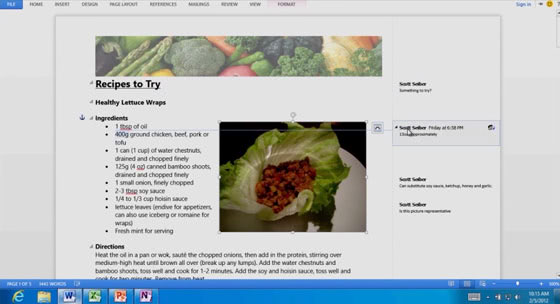
Yesterday Microsoft finally announced their plans for Windows 8 running on ARM-designed processors. The news came with two very interesting pieces of information...
"WOA (Windows on ARM) includes desktop versions of the new Microsoft Word, Excel, PowerPoint, and OneNote. These new Office applications, codenamed ‘Office 15,’ have been significantly architected for both touch and minimized power/resource consumption, while also being fully-featured for consumers and providing complete document compatibility. WOA supports the Windows desktop experience including File Explorer, Internet Explorer 10 for the desktop, and most other intrinsic Windows desktop features—which have been significantly architected for both touch and minimized power/resource consumption."
Now before I begin I want to talk about some of the things that happened in the last century, namely the birth of the consumer versions of Windows. This began with Windows 95 which was bold in much the same way as Windows 8 is now because it broke the clearly defined user interface paradigm and went with a new way of working with our desktops. It turned out that this new way was hugely successful, but this freedom to innovate with Windows came at a cost. The consumer and business editions of Windows had begun and they stayed on this track until the launch of Windows XP in 2001.
By the end of the 20th century things were not going well for consumer editions of Windows. The operating system had become a stability nightmare while its business counterpart was doing fine, and clearly the Windows NT kernel, the core of the operating system, was much more stable and secure than anything the consumer team could come up with. Thus at this point the teams were merged and Windows became a single product for both consumers and businesses alike. Even this had its problems however with Windows XP, the first outing, being criticised as being too "consumer friendly" and not business-like at all. The arguments passed however and XP became, and still is, hugely popular on the workplace desktop.
Now the kernel discussion has moved to other platforms with Windows Server and Windows 7 already sharing the same core and rumours abounding that the next major update of the Windows Phone operating system will follow suit and adopt what's been called MinWin. This makes complete sense. If Microsoft have only one kernel across all their products it makes it easier to update, makes cross-device compatibility simpler and much more besides. This is what Apple has been doing for several years already when they based the first version of iOS on their desktop OS X operating system.
Now however Windows 8 is changing the game, and the problem is tablet computing. Microsoft are so far behind in the tablet market that if they don't do something radical, right now, they'll lose it forever and at that point their market share will inevitably dwindle to the point where they become the next IBM and have to find something else to do.
Windows 8 is giving everybody the new Metro tablet interface as the default Windows 8 UI. Sure, business users will be able to switch it off and revert to the desktop but that's not the point. The point is yesterday's announcement about Windows 8 running on ARM-powered processors. Here Microsoft have now stated that the desktop will exist on ARM and that the platform will come pre-loaded with versions of the next editions of Word, Excel, PowerPoint and OneNote. Surely this is great news? Anybody who wants a Windows tablet that they can use for serious work will now be able to. The desktop is being modified to work much more effectively with touch and all is going to go brilliantly.
If you detected a hint of sarcasm running through that last paragraph then you'd be right. I am deeply concerned about the inclusion of the Windows desktop in the ARM version of the operating system. While its easy to argue that this paves the way for hardware manufacturers to create low-power ARM-based laptops and ultrabooks, the simple fact remains, and Microsoft have confirmed this, that no existing x86 or x64 apps will run on the ARM version of Windows. The existence of desktop versions of these Office programs won't even give hardware makers the option to hide the desktop on their devices.
This means, for starters that the most common question asked by people with ARM-powered Windows 8 devices will be "Why won't my software install on this computer?" But the ramifications run much deeper than this. It means, for instance, that Microsoft have pretty much given up, in the short term anyway, of creating any meaningful versions of their Office apps for Metro. Adobe has shown with Photoshop Touch how powerful touch apps can be, and a Metro implementation of the Ribbon UI, which is already very finger-friendly, could be extremely effective.
But no. Microsoft have stated "desktop versions" instead, despite the fact that past Windows explorer these people will have nothing else that ever will, or ever can run on their desktop. The term, 'frustrating' will probably come up a lot from these people.
Meanwhile, business users and IT Pros are bemoaning having Metro foisted on them when they'd much rather get used to that at home but still keep the traditional desktop at work. This doesn't sound unreasonable on the face of it. What Microsoft are doing here though is taking Windows 95 too far. They're forcing an unwanted consumer interface onto business users, while now at the same time plugging a pointless and useless business interface into consumer devices!
I could have coped with the former but the latter just makes no sense to me. Thus I believe the time has come to split Windows once again into consumer and business versions, managed by different teams. It's a good time to do it too. The Windows kernel is very well managed and there's no reason in the world why both versions couldn't just be features and skins on top of MinWin, much in the way Windows 7 and Windows 8 are already. We need a clear separation and demarkation between what is a consumer product and what is a business product.
I can understand installing Metro onto some business machines because there are a great many times when a Metro app will work great in the workplace, I've seen them demonstrated personally, and for everything else there's the desktop. Putting a desktop that won't run existing Windows programs though, and for which the major software companies are unlikely to ever recode their applications due to the small size of the market they'd be selling into just doesn't make any sense. So now Windows has to be split. There has never, in my view, been a better case for doing it and frankly there's never been a more appropriate time.
Advertisement
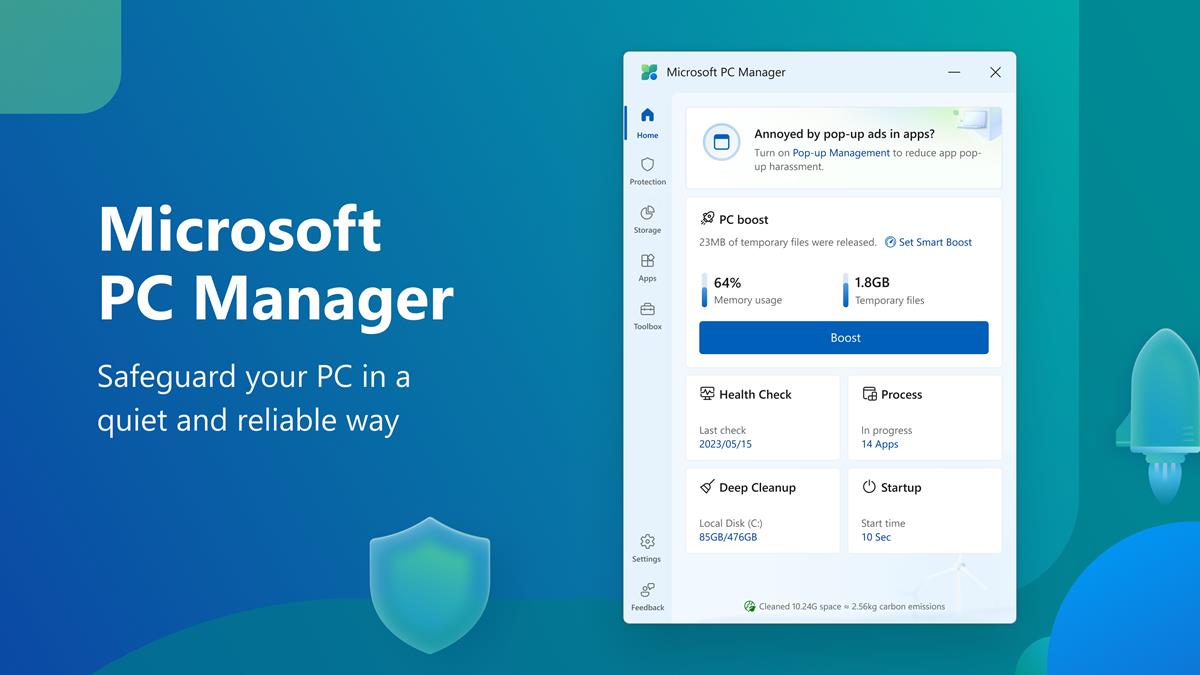

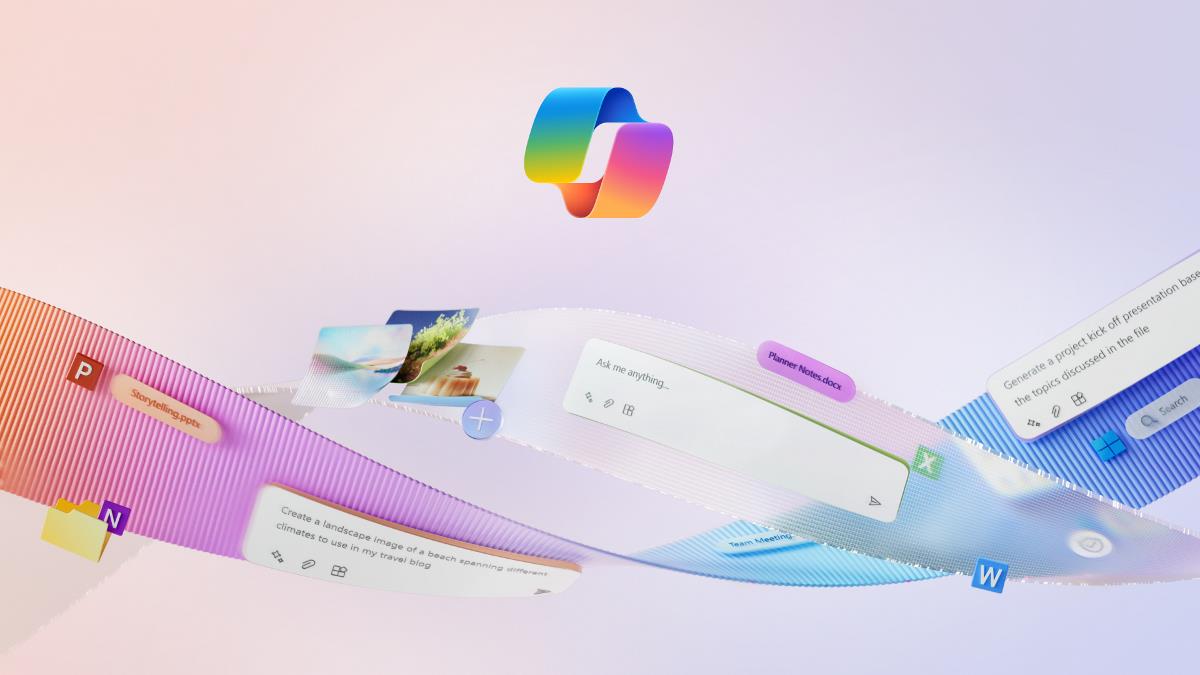
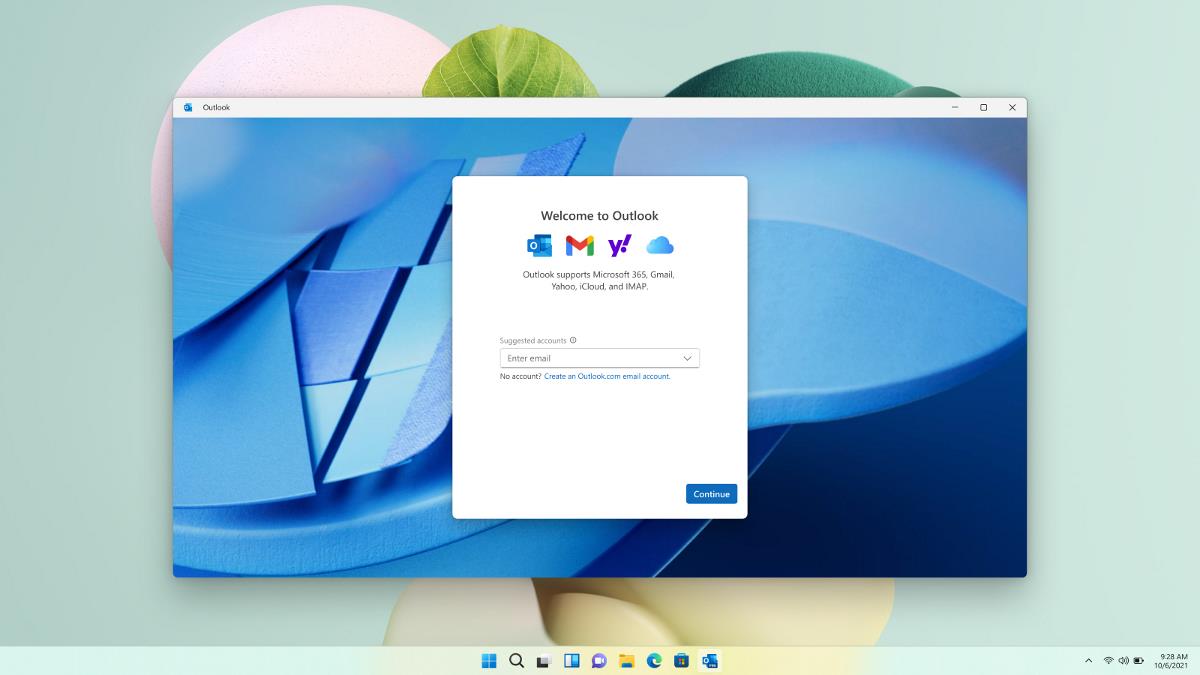


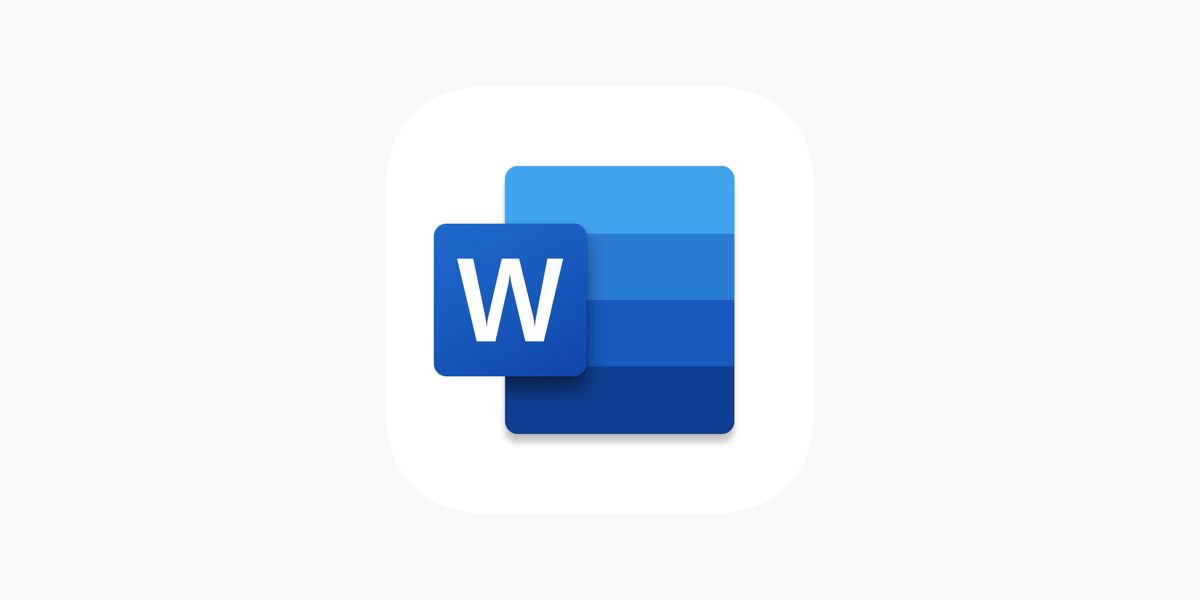


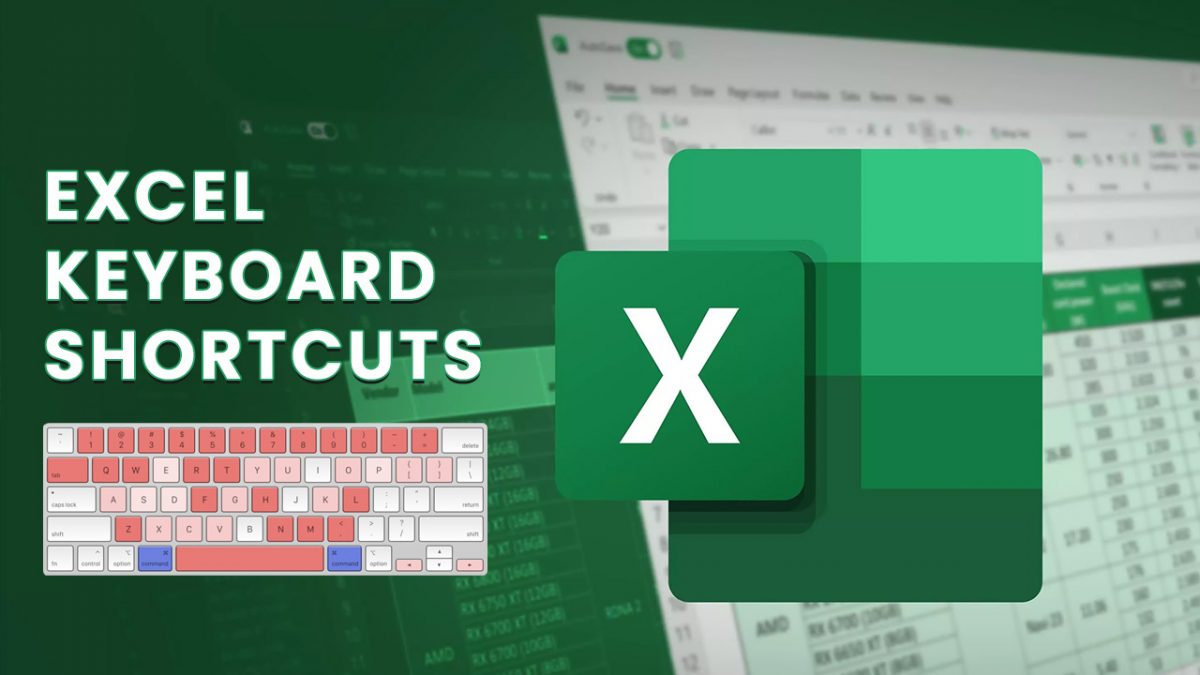











Remember that there will be Windows 8 x86 tablets that will be fully compatible with every windows software: the Windows 8 ARM tablets will be for low cost tablets not made to be used to work but to compete with android and IOS ARM tablets.
The desktop on WOA could be a “plus” for programmers to port actual desktop apps to ARM code without change totally the interface and if you want to write long text or work with spreadsheet you will use a tablet with a keyboard so a desktop word or excel will be fine .
Microsoft looks less and less nimble as time goes on.
I worked with Win 8 on desktop and on close to tablet slate PC…
Well, I wouldn’t object to have a tablet able to view office documents and work on them. And Windows 8 might be the answer, but…
a) I don’t need Metro at all
b) I need my old apps working
c) I hate UAC, and switching it off in Win 8 DP I got a message “It’s impossible to run Metro applications with UAC disabled” or something like that.
Yesterday I spent some time in my bed running two office documents on my Asus EEE 1015 and testing an iPhone app (the documents were test specification and testing protocol).
Well, I could use some other device instead of Asus EEE – tablet as well. Windows tablet isn’t attractive to me without my old apps.
Seems to me that Microsoft are about to kill its desktop and tablet/phone ‘birds’ with a single Win-8 stone. And I expect Win-8 will sink like one too, as may the company’s fortunes.
I suggested marketing consumer
and enterprise versions of Windows 8 in
my reply post February 8, 2012 at gHacks.
https://www.ghacks.net/2012/02/08/why-have-microsoft-been-so-quiet-about-windows-8/
Rather that risk repeating myself
I will actually repeat myself.
This was my reply:
As much as Microsoft sees Metro as the future
it should find a seamless way to introduce it over
time and through more than one version of the OS.
For Windows 8 a method to quickly change the UI
between Metro and the classic desktop should exist.
Microsoft might think of removing itself from its
marketing straitjacket of marketing the same OS to
consumers and enterprises where I see initially rejection
of all things Metro as presently formed for the work environment.
Enterprise versions of Windows 8 should default to the desktop.
Consumer versions can default to Metro with and easy option
to revert to the classic desktop and back again to Metro.
Metro will likely be a hit on tablet devices and
as more and more people use those devices that
familiarity with drive increased use of Metro on their PC.
As users become more familiar with Metro and
as Metro improves with apps for programs by Windows 9
all versions of Windows can default to that refined Metro UI.
Crazier and crazier.
Who wants an OS that doesn’t run any software but its own. My system is loaded with wonderful applications that were not created by MS. I own a license for MS Office 2003. I’ll never purchase another one. As for the Ribbon UI: Yes, it is finger-friendly. I give it one every time I see it.
Windows 8 will get a bypass from me on several counts. I don’t own a tablet or anything smaller and that seems the only possible reason to use Win8.
Microsoft doesn’t seem to learn from the past either. They have been sued by Europe for including Internet Explorer in Windows and have been convicted. Now they are going down the same road again, not once but four times by including Word, Excel, PowerPoint, and OneNote. You’re gonna get your ass burned, Microsoft!